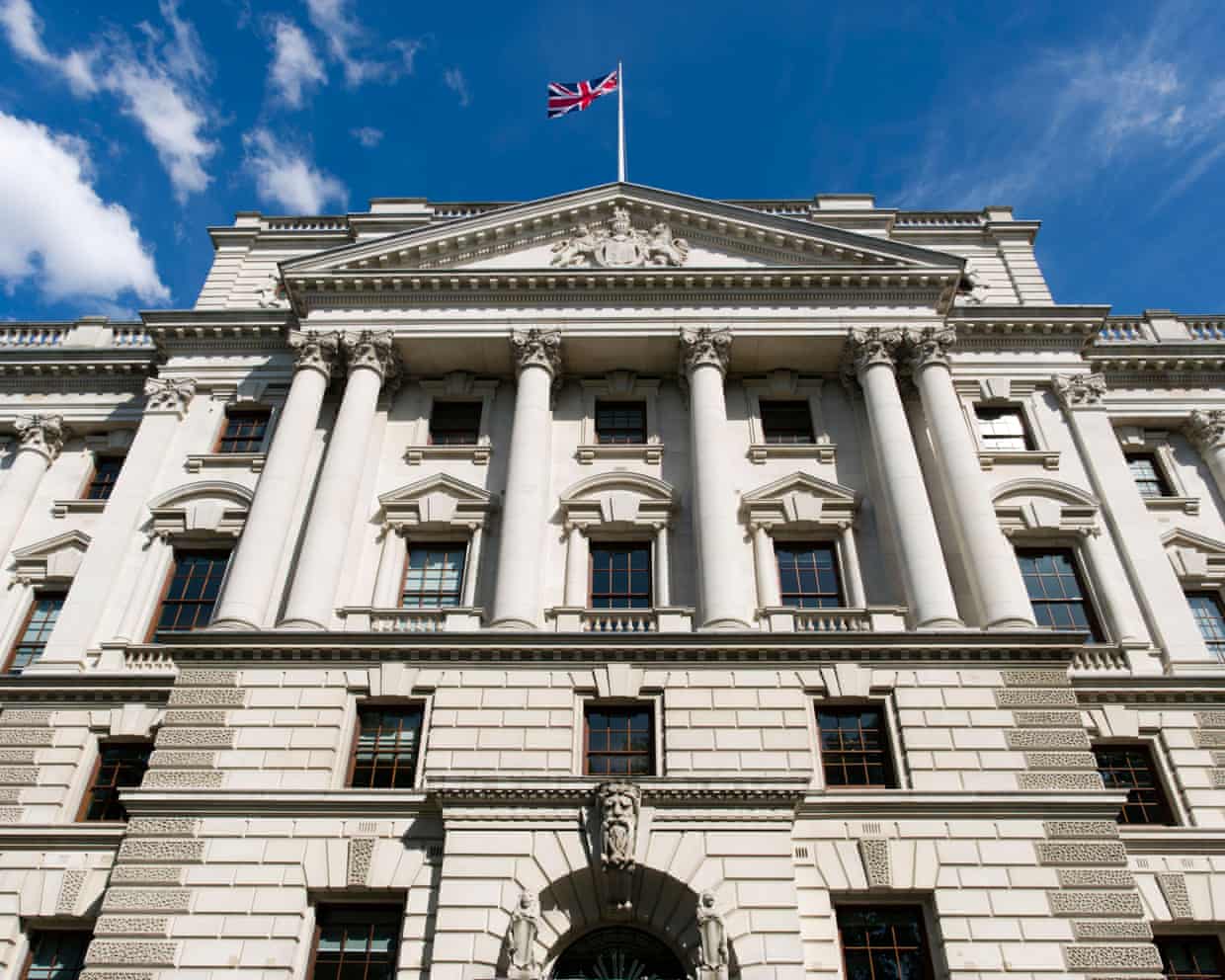World
UK Government Borrowing Hits £20.2 Billion in September Surge

Government borrowing in the United Kingdom surged to its highest level in five years for the month of September, reaching a staggering £20.2 billion. This increase reflects rising debt interest costs and a significant uptick in welfare payments, pushing the public finances further into deficit. According to figures released by the Office for National Statistics (ONS), public sector net borrowing—the gap between public spending and income—rose by £1.6 billion compared to the same month last year, marking the highest September borrowing since 2020.
The ONS reported that despite a rise in tax receipts, these gains were insufficient to counterbalance the dramatic increase in debt interest costs and welfare expenditures, which have largely escalated due to persistent inflation. Analysts surveyed by Reuters had anticipated borrowing would be slightly higher, projecting £20.8 billion for the month.
As it stands, total borrowing for the current financial year has reached £99.8 billion, which is £7.2 billion above the forecast set by the Office for Budget Responsibility (OBR) in March. This development presents a significant challenge for the Chancellor of the Exchequer, Rachel Reeves, as she prepares for her budget announcement scheduled for November 26, 2023.
Despite a recent decline in UK borrowing costs on international money markets, the interest obligations remain at historically high levels. Projections indicate that annual borrowing could surpass £100 billion this year, approaching 10% of the national budget. This situation is likely to constrain expenditure capabilities for various departments within Whitehall.
In her forthcoming budget, Reeves is expected to confront a deficit estimated between £20 billion and £40 billion. To address this shortfall, she has hinted at potential significant tax increases and a revival of initiatives aimed at reducing welfare costs, particularly in light of a troubling downgrade to the OBR’s productivity forecast.
The UK economy experienced modest growth of 0.1% in August, although a downgrade of growth figures from July has tempered the overall three-month growth rate to just 0.3%. As the government navigates these financial challenges, the implications for public spending and welfare programs remain a critical concern for both policymakers and citizens alike.
-

 Sports1 week ago
Sports1 week agoSteve Kerr Supports Jonathan Kuminga After Ejection in Preseason Game
-

 Politics1 week ago
Politics1 week agoDallin H. Oaks Assumes Leadership of Latter-day Saints Church
-

 Lifestyle1 week ago
Lifestyle1 week agoDua Lipa Celebrates Passing GCSE Spanish During World Tour
-

 Business1 week ago
Business1 week agoTyler Technologies Set to Reveal Q3 2025 Earnings on October 22
-

 Entertainment1 week ago
Entertainment1 week agoZoe Saldana Advocates for James Cameron’s Avatar Documentary
-

 World1 week ago
World1 week agoD’Angelo, Iconic R&B Singer, Dies at 51 After Cancer Battle
-

 Health1 week ago
Health1 week agoRichard Feldman Urges Ban on Menthol in Cigarettes and Vapes
-

 Health1 week ago
Health1 week agoCommunity Unites for Seventh Annual Mental Health Awareness Walk
-

 Science1 week ago
Science1 week agoChicago’s Viral ‘Rat Hole’ Likely Created by Squirrel, Study Reveals
-

 Lifestyle1 week ago
Lifestyle1 week agoKelsea Ballerini Launches ‘Burn the Baggage’ Candle with Ranger Station
-

 Business1 week ago
Business1 week agoMega Millions Jackpot Reaches $600 Million Ahead of Drawings
-

 Business1 week ago
Business1 week agoMLB Qualifying Offer Jumps to $22.02 Million for 2024









